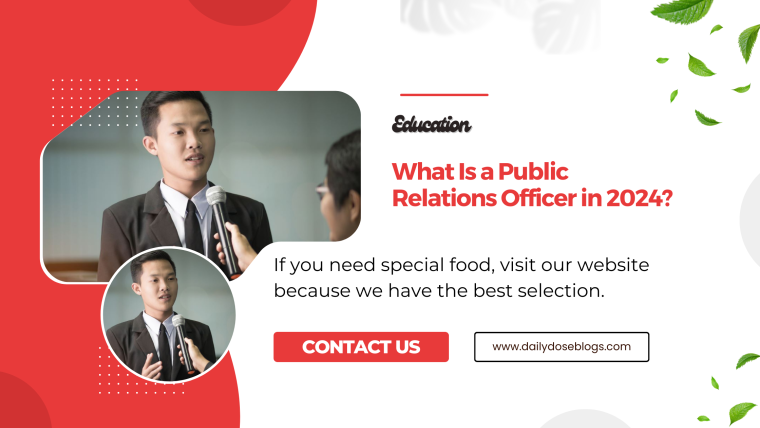A Public Relations Officer (PRO) plays a crucial role in shaping and maintaining the public image of organizations, businesses, or individuals. They act as the bridge between the organization and the public, ensuring that the communication is effective and favorable. Public relations officers work with the media, coordinate events, manage crises, and develop communication strategies to ensure that their clients maintain a positive reputation.
Read also: Your Career Path Guide: What is Urban Planning in 2024?
- Media Relations: Establishing and maintaining relationships with journalists and media outlets to promote positive coverage.
- Press Releases: Crafting and distributing press releases to announce significant news and events.
- Crisis Management: Developing strategies to handle negative publicity and mitigate damage during crises.
- Event Coordination: Organizing and promoting events that enhance the public perception of the organization.
- Social Media Management: Engaging with the audience through various social media platforms to build a strong online presence.
- Research and Analysis: Monitoring public opinion and media trends to adjust strategies accordingly.
Skills Required for a Public Relations Officer
- Excellent Communication: Strong written and verbal communication skills are essential to convey messages clearly and persuasively.
- Interpersonal Skills: The ability to build and maintain relationships with media personnel and stakeholders.
- Creativity: Crafting engaging content and campaigns that capture public interest.
- Problem Solving: Quick thinking to manage crises effectively and turn challenges into opportunities.
- Research Skills: Ability to gather insights into public opinion and media trends.
How to Build a Career in PR in 2024
Embarking on a career in public relations requires a blend of education, experience, and personal skills.
Here’s a 7 step-by-step guide to help you build a successful career in PR in 2024.
1. Obtain the Right Education
While a specific degree is not always mandatory, a background in communications, journalism, marketing, or public relations is highly beneficial. Many universities offer specialized programs in public relations that cover essential topics such as media relations, writing, and strategic communication.
2. Gain Relevant Experience
Internships and entry-level positions in PR agencies or corporate communication departments provide valuable hands-on experience. This is an opportunity to learn from seasoned professionals, understand the industry dynamics, and build a network.
3. Develop a Strong Portfolio
Creating a portfolio showcasing your writing samples, media campaigns, and any relevant projects can set you apart from other candidates. Include examples of press releases, social media posts, and any public relations campaigns you have worked on.
4. Network with Industry Professionals
Join professional organizations such as the Public Relations Society of America (PRSA) to connect with industry peers. Attend conferences, workshops, and networking events to stay updated with industry trends and expand your professional network.
5. Stay Updated on Industry Trends
The PR landscape is constantly evolving with the advent of digital media and technology. Stay informed about the latest trends, tools, and techniques to remain relevant and effective in your role.
6. Consider Certification
Certifications, like the Accreditation in Public Relations (APR), can enhance your credibility and demonstrate your commitment to the profession. These programs often cover advanced PR strategies and ethical practices.
7. Hone Essential Skills
Continuously work on improving your communication, writing, and strategic thinking skills. Consider taking courses or workshops to refine these abilities further, as they are crucial for success in PR.
Conclusion
A career as a Public Relations Officer offers diverse opportunities and challenges. With the right education, experience, and a proactive approach to learning and networking, you can build a successful career in PR in 2024 and beyond. Stay adaptable, creative, and informed to navigate this dynamic field effectively.

